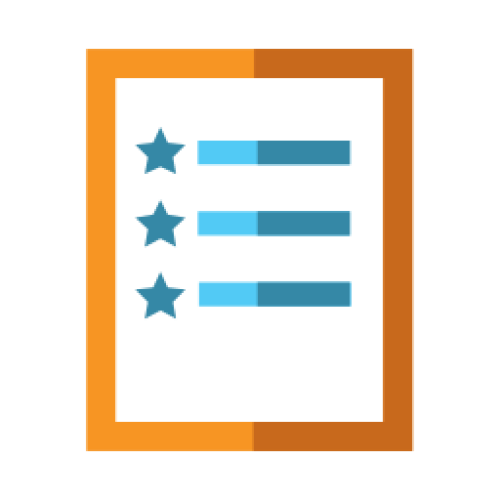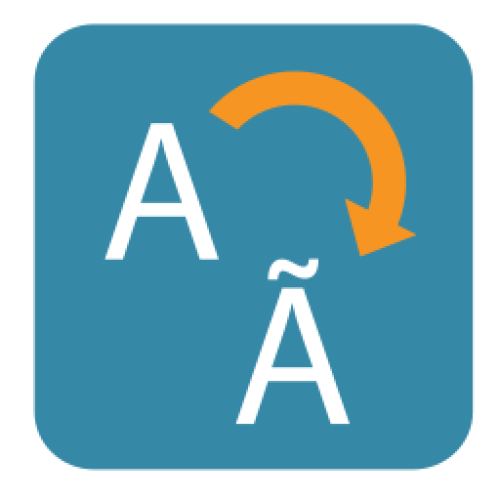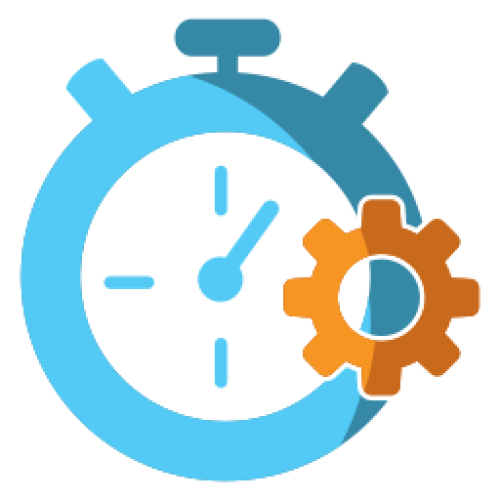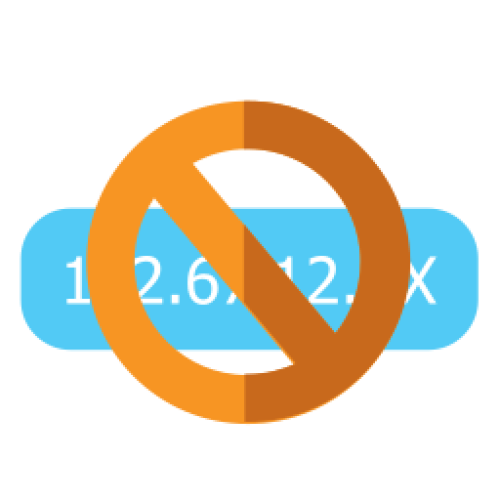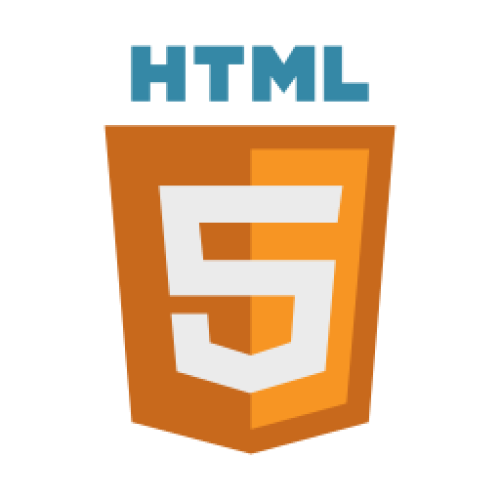Features: A-Z Index
A
B
C
D
E
F
G
I
L
M
N
P
Q
R
S
T
W
Newest 10 Entries
| Question | How does the search engine handle different languages? |
|---|---|
| Answer | Composr's fast custom index supports multiple languages. Content is indexed based on its translated version, ensuring that you get relevant results even when searching in a different language. |
| Question | What are quoted phrases and how do they work? |
|---|---|
| Answer | Quoted phrases allow you to search for an exact sequence of words. For example, searching for "red apple" will only return results containing that exact phrase. Keep in mind that enabling quoted phrases can increase disk space usage. |
| Question | How do stop words affect search results? |
|---|---|
| Answer | Stop words are common words (like "the", "a", "is") that are ignored by the search engine because they add noise and don't contribute to the meaning of the search query. You can customize the list of stop words for the fast custom index. See the search tutorial for more information. |
| Question | How can I improve my search results? |
|---|---|
| Answer | Here are some tips for improving search results:
|
| Question | What is the fast custom index and why should I use it? |
|---|---|
| Answer | The fast custom index is Composr's own search engine, designed to be faster and more efficient than MySQL full-text search, especially for large websites and filtered searches. Benefits of the fast custom index:
Downsides of the fast custom index:
|
| Question | Can I filter my search results? |
|---|---|
| Answer | Yes, you can filter your search results by:
|
| Question | What is the difference between natural and boolean searching? |
|---|---|
| Answer | Natural search is a more relaxed approach where you type in your search terms and Composr tries to find the most relevant results, even if they don't contain all the words. It's like a Google search. Boolean search requires more precision and uses operators like "+", "-", and quotation marks to define exactly what you're looking for. For example, searching for "+car -maintenance" will only return results that contain the word "car" but not "maintenance". |
| Question | How do I search my Composr website? |
|---|---|
| Answer | There are a few ways to search your Composr website:
|
| Question | How do I mark correct answers in a quiz? |
|---|---|
| Answer | For questions with predefined answers, you can mark correct answers by adding [*] after the answer. If no answer is marked correct, the question will require manual marking. You can also use the [UNMARKED] tag after a question to exclude it from scoring. |
| Question | What is the input syntax for quiz questions? |
|---|---|
| Answer | Quiz questions are inputted in blocks, separated by blank lines. The first line is the question, followed by potential answers on subsequent lines. Different question types are indicated by tags after the question, such as [MULTIPLECHOICE], [MULTIMULTIPLE], [LONG], [SHORT], and [SHORT_STRICT]. |
Top 10 Entries
| Title | Galleries |
|---|---|
| Icon |  |
| Description | Multimedia: Supports images, videos, audio, and more. Personal galleries: Allow your members to create their own galleries which show up on their profile. Support for embedding YouTube videos: Save on bandwidth. Auto-detection of video length and resolution (most file formats) Full tree-structure support: Have galleries within galleries within galleries. Multiple display modes View entries as a slideshow Automatic thumbnail generation Mass import: Also supports importing metadata Optional watermarking: To guard against thieving swines
Geotargeting Adjustments: Automatic size and orientation adjustments according to metadata. |
| Title | Catalogues |
|---|---|
| Icon |  |
| Description | Think “databases on my website”. Flexible data control: Set up multiple catalogues, each with its own set of fields. There are many types of fields, such as short text fields, upload fields, and date fields. Multiple display modes: Display the contents of categories using tables, boxes, or lists. Powerful structure: Each catalogue contains categories which contain entries. Catalogues can have a tree structure of categories and/or work from an index. Configurable searching: Choose which fields are shown on categories, and which can be used to perform searches (template searches). Compliance with data protection legislation: Specify which fields may contain sensitive data. These fields will be anonymised as appropriate when members download or purge their data. Entirely customisable: Full support for customising catalogues, categories, and entries, exactly as you want them- field by field. You can even make custom page templates per-catalogue. Classified ads: Entries can automatically expire and get archived. You can also send out view reports. Community interaction: You can allow users to comment upon and rate entries. Import data from CSV files Periodic content reviews: Helping you ensure ongoing accuracy of your data. |
| Name | Patrick Schmalstig |
|---|---|
| Photograph |  |
| Title / Role | Lead Developer |
| Contributions / Notes | Joined Chris Graham behind the scenes in the development of Composr CMS in 2016. Took on the lead developer role in 2023 when Chris Graham stepped back to attend to his new lifestyle changes. Spearheaded the development of Composr CMS v11 and the new website, Composr.app. Formed the company PDStig, LLC to take on professional support and development for Composr CMS users especially after the discontinuation of ocProducts, Ltd. |
| Links |
| Name | Jim Davidson |
|---|---|
| Title / Role | contributor |
| Contributions / Notes | written many tutorials via Arvixe |
| Name | Chris Warburton |
|---|---|
| Title / Role | developer for ocProducts |
| Contributions / Notes | Made some key contributions to ocPortal |
| Name | Haydn Maidment |
|---|---|
| Title / Role | project manager for ocProducts |
| Contributions / Notes | None available |
| Name | Steve Jarvis |
|---|---|
| Title / Role | project manager for ocProducts |
| Contributions / Notes | Wrote many tutorials via Arvixe |
| Name | Philip Withnall |
|---|---|
| Title / Role | Early Developer |
| Contributions / Notes | Coded the chatroom, blogging support, the analytics system, and OcCLE (now Commandr) Masters Degree in Computer Science degree from The University Of Cambridge Other work has included helping out with Firefox, and ongoing work on GNOME |
| Name | Allen Ellis |
|---|---|
| Photograph |  |
| Title / Role | Founder |
| Contributions / Notes | Original designer for ocPortal Also conceived and coded the Theme Wizard and Point Store Son of one of the early inventors of Internet protocols (Usenet, aka Internet newsgroups) Token non-brit |
| Name | Robert Goacher |
|---|---|
| Photograph |  |
| Title / Role | Founder |
| Contributions / Notes | Ran some of the early websites where ocPortal came from Technically the original developer of ocPortal, in that he wrote the first few lines of code Heavily involved in the feature design process Hosted some of our early meet-ups |
















